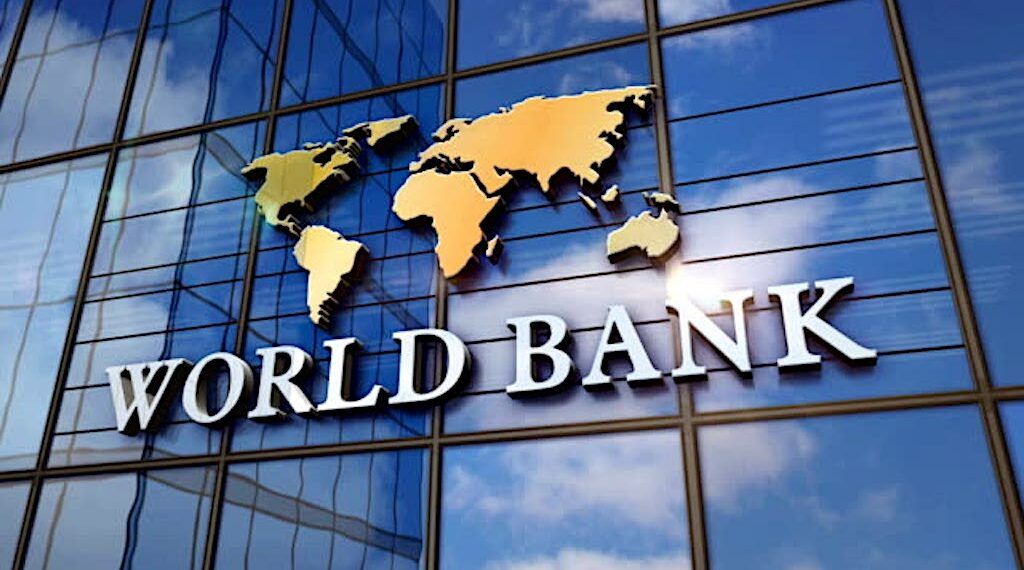Egypt’s economy is projected to grow by 3.5% in 2025, according to the World Bank’s latest Global Economic Prospects report—marking a modest rebound from this year’s sharper-than-expected slowdown. In 2024, growth is forecast at just 2.4%, down from 3.8% in 2023 and significantly below the 6.6% recorded in 2022, as the country continues to grapple with high inflation, a weakening currency, and sluggish reform momentum.
While the report anticipates further gradual improvement—reaching 4.2% in 2026 and 4.6% in 2027—Egypt’s projected growth remains below its pre-crisis trajectory and lags behind regional peers. Saudi Arabia and the broader MENA region are both expected to grow by 3.4% in 2025.
Global slowdown adds pressure
The downgrade comes amid a broader global slowdown. The World Bank warned that global growth is expected to decelerate to 2.3% in 2025—the slowest pace since 2008 outside of recession years—driven by increasing trade restrictions, elevated debt levels, and policy uncertainty. While advanced economies may return to pre-pandemic per capita GDP levels by 2027, most developing countries are forecast to remain 6% below earlier expectations.
Emerging markets and developing economies (EMDEs) face additional headwinds, including weak investment, fragile financial conditions, and heightened poverty. The report notes that long-term economic losses could last decades for some of the poorest countries if these trends persist.
Mixed economic signals in Egypt
Despite the headline growth downgrade, the World Bank acknowledged signs of stabilization in Egypt’s macroeconomic fundamentals. “In oil importers, growth of private sector activity, particularly industrial production, resumed in 2024, partly owing to reduced political tensions and macroeconomic stabilization… including the Arab Republic of Egypt,” the report stated.
Egypt’s foreign reserves improved following a record investment deal with the UAE earlier this year, and the current account deficit is expected to narrow in FY2025/26 on the back of strong remittances, recovering tourism, and reduced oil import costs. The non-oil trade deficit is also projected to shrink as import backlogs ease.
However, fiscal challenges remain acute. The government’s budget deficit is set to widen in 2025 due to rising interest payments and a rollback of one-time revenues. Fiscal consolidation measures—such as energy subsidy cuts and enhanced tax collection—are anticipated to begin by FY2025/26.
Inflation and poverty remain pressing concerns
Although headline inflation is beginning to ease, food prices remain elevated, putting pressure on household consumption. Poverty is expected to remain high through 2025, before gradually declining as inflation moderates and growth stabilizes.
The report underscores the need for urgent structural reforms to improve productivity, attract investment, and enhance labor market outcomes. It also stresses strengthening institutions and advancing human capital development as key priorities for Egypt’s long-term recovery.
Geopolitical uncertainty adds risk
The report concludes with a cautionary note on regional instability. Egypt’s geographic position at the center of ongoing regional tensions—particularly the escalating conflict between Iran and Israel—poses additional risks to its economic recovery.
The World Bank emphasized that while policy reforms can support domestic resilience, external shocks remain a major source of uncertainty for Egypt’s economic outlook.




